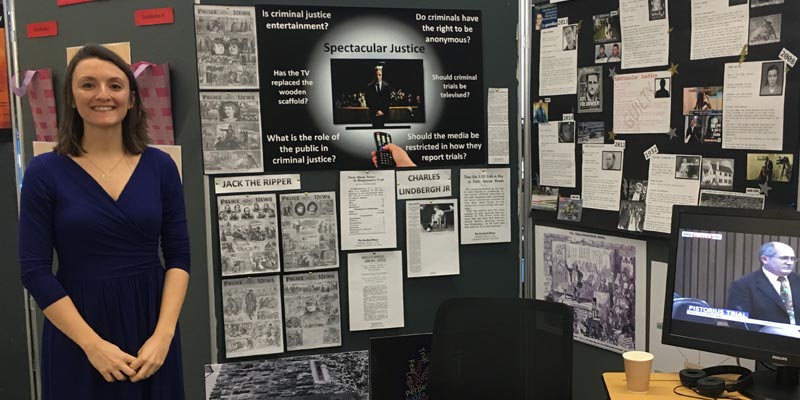As one of the world’s leading authorities on Dickens, Professor John Bowen argued that, far from exhausted, research into the life and times of this global literary giant is only just beginning.
In collaboration with the V&A, one of the world's great museums, Professor Bowen is leading a global quest to decipher a treasure trove of the author’s handwritten drafts, notes and corrected proofs that together form one of the most remarkable records of a major author’s creative processes.
Until now this collection has been known mainly to scholars. But by digitising the whole collection, Professor Bowen and his colleagues will recruit Dickens lovers throughout the world to help decipher Dickens's handwriting. Through crowdsourcing, the project aims to illuminate the thought processes and changes of mind through which he created his immortal characters and stories.


